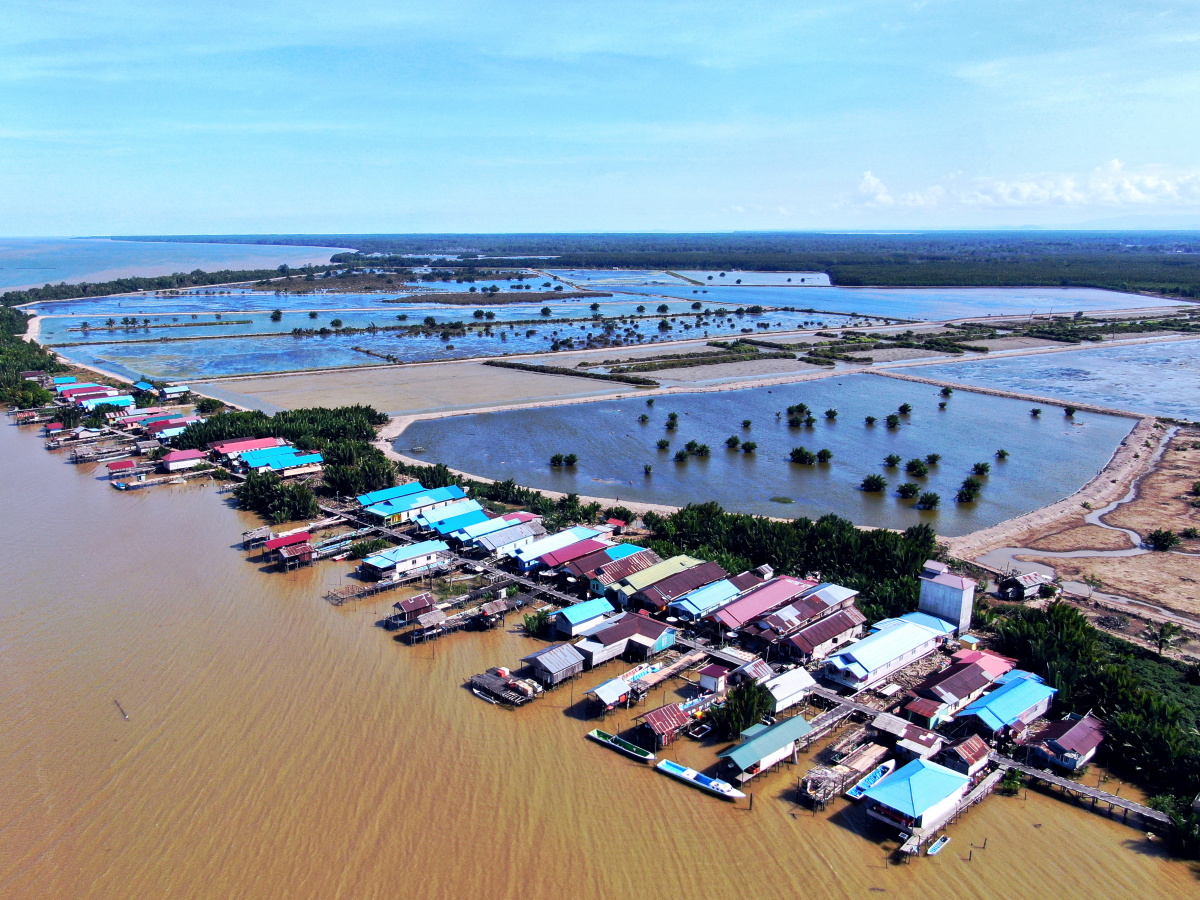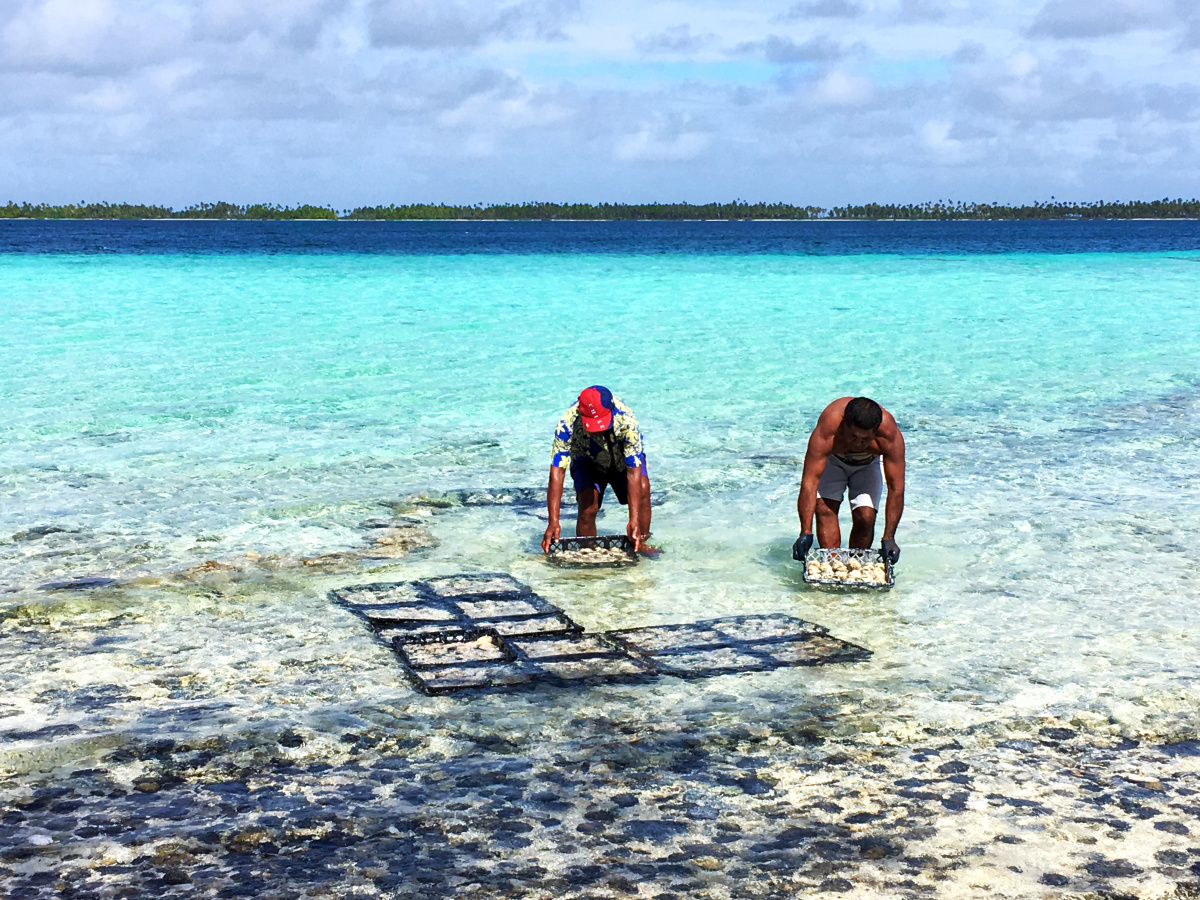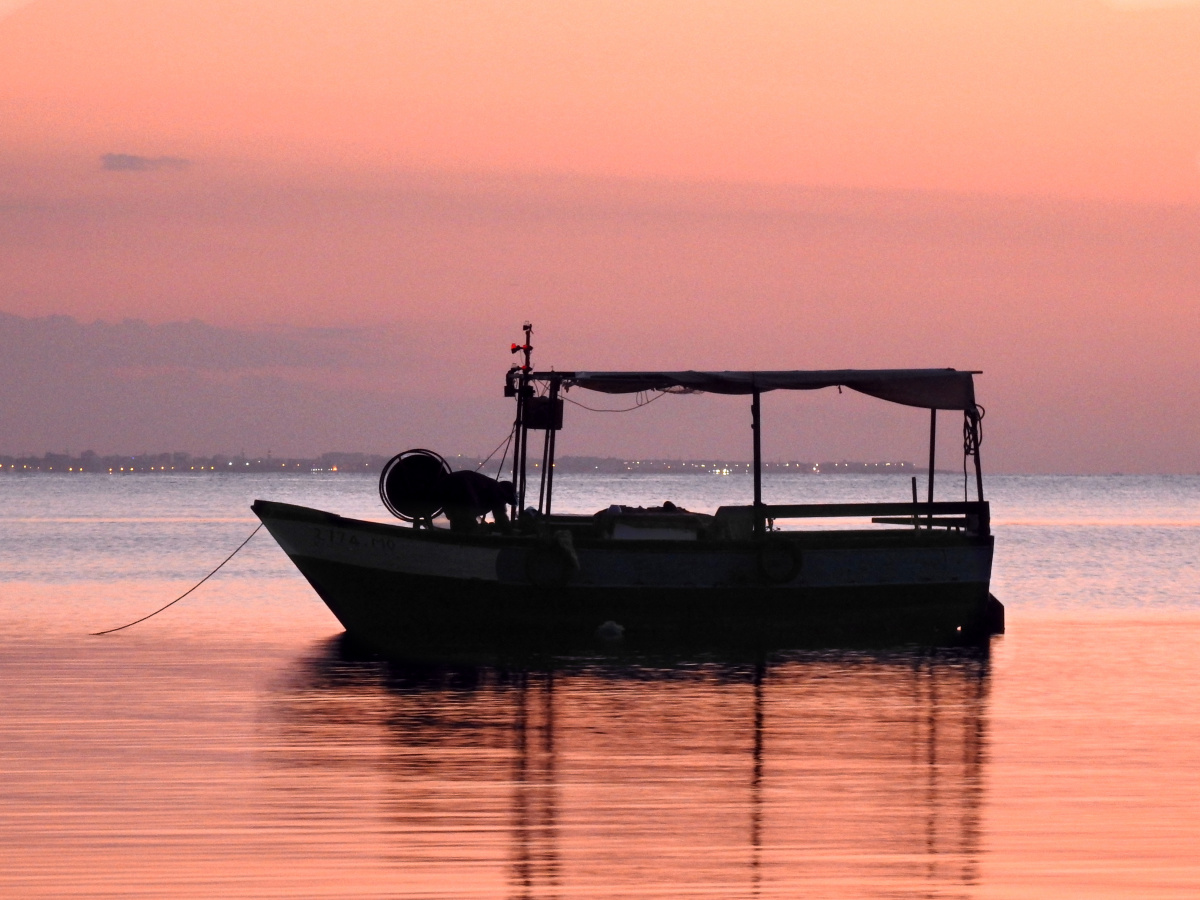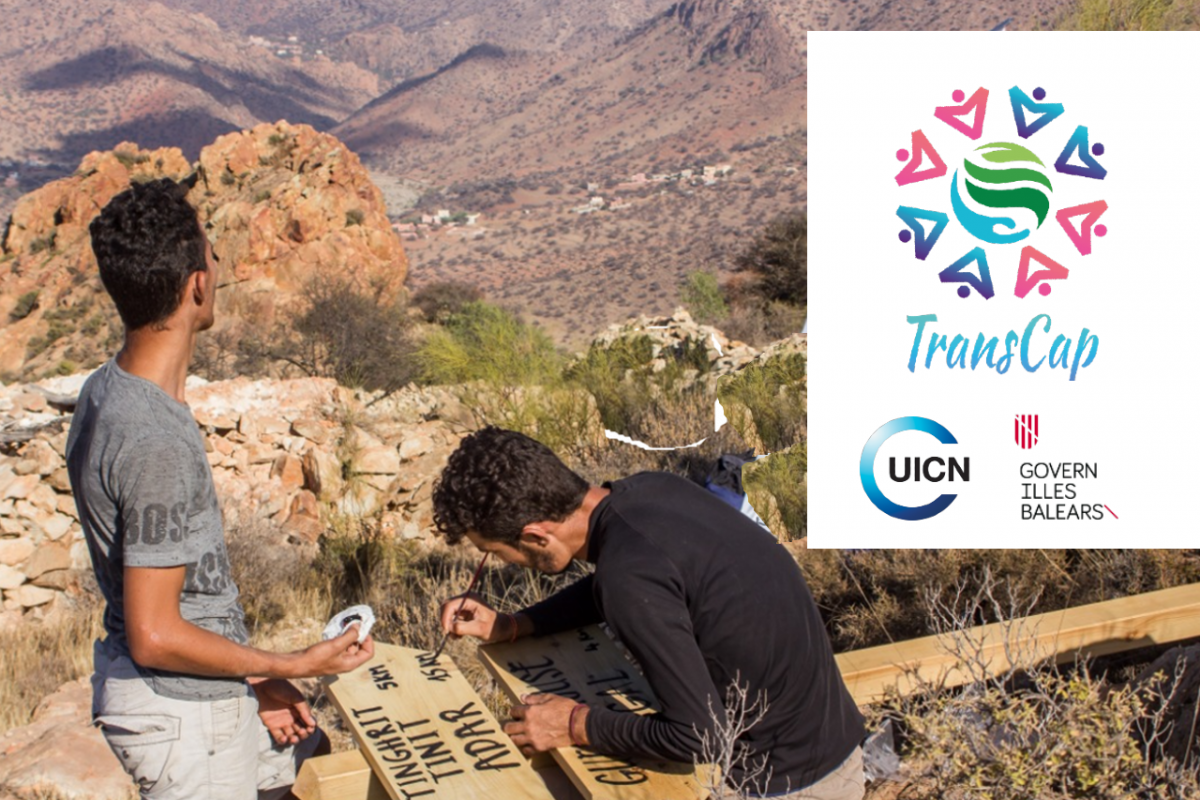Giant clam mariculture in Polynesia, offshore finfish farming in Tunisia, shrimp farming in Indonesia: three new case studies on aquaculture and marine conservation – IUCN Report
IUCN is publishing a worldwide collection of case studies that provide concrete illustrations of how aquaculture can be part of Marine Protected Areas (MPAs), sharing conservation objectives with the community while outlining critical issues that should be explored on a case-by-case basis. Today, three new case studies are published and added to the first case study that was released in 2020.
The IUCN worldwide catalogue of case studies on combined aquaculture and marine conservation
The four first reports explore four different types of marine aquaculture activities in different parts of the world ocean.
1. In Monastir Bay, Tunisia, offshore marine finfish cage cultures inside the MPA is benefiting the whole social-ecological system. Through a participatory process, synergies between the MPA, the fish farming local industry and other sectors are explored; like the fishing- and the tourism sector.
2. On the Derawan Islands in Indonesia, shrimp farming is established in brackish water pond culture in mangrove areas and MPAs. Small scale, extensive, multi-species pond aquaculture is a relevant and robust type of aquaculture for meeting the development needs of local communities while not hampering mangrove, seagrass bed and coral reefs conservation efforts.
3. The establishment of a giant clam mariculture activity on Reao atoll in French Polynesia by local committee and the management of the MPA is contributing to the protection and sustainable use of the resource as well as supporting local livelihoods.
4. In the islands of Zanzibar within the Marine Protected Areas (MPAs) Seaweed farming is mostly operated mainly by women and has resulted in the abandonment of destructive fishing techniques. (Published in 2020.)
Aquaculture under the microscope: balancing benefits and consequences
In the last decades, aquaculture has expanded to be the fastest growing and most highly traded seafood commodity, representing 52% of the global fish production in 2018. such rapid growth has not been without negative impacts: causing local pollution, disease outbreaks and coastal degradation in various parts of the world. There is, therefore, an urgent need to reconcile nature conservation and sustainable development in this growing sector.
However, aquaculture plays an important role in supplying healthy and nutritious food to a rapidly growing global population and has proven itself as a way to bring sustainable development for coastal communities. It plays a role in contributing to food security, poverty alleviation, socio-economic stability, and providing services to marine ecosystems in some cases.
In general, while the competition for space and resources is a source of potential conflicts for sectors such as tourism, aquaculture and fishers, ultimately all of them are dependent upon a healthy and well-managed ecosystem. These case studies identify multiples synergies between the sectors where collaboration has proven beneficial to all parties. They provide concrete illustrations of the value of joining efforts for conserving vulnerable species and the marine environment in general and supporting local economies.
‘These examples demonstrate how aquaculture can be part of MPA objectives while identifying issues and solutions’, says Dr Karen Kienberger, IUCN Global Marine and Polar Programme.
Aquaculture as a Nature-based Solution; the next step
As a natural progression from these case studies, the potential of aquaculture in being a Nature-based Solution has been explored within the framework of the AquaCoCo project. The results of this analysis will be presented soon, in the upcoming IUCN publication on ‘’Aquaculture & NbS’’. Watch this space.
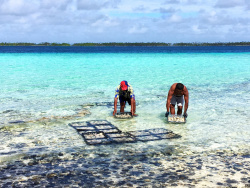 Photo: Colette
Photo: Colette
This work has been conducted in the framework of the AquaCoCo project, funded by the French Development Agency (AFD) under the umbrella of the France-IUCN Partnership.
For more information, please contact:
Dr Aurélie Spadone,
Senior Programme Officer, Ocean Governance,
IUCN Global Marine and Polar Programme,
Aurelie.SPADONE@iucn.org
